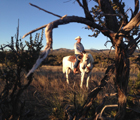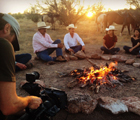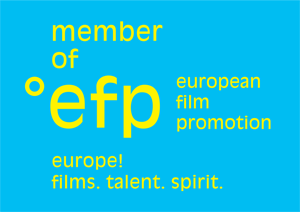¡Viva kino! (Documentary)
by Lia Beltrami
original title:
¡Viva kino!
directed by:
screenplay:
cinematography:
editing:
music:
producer:
production:
Aurora Vision, with the support of Trentino Film Commission
distribution:
country:
Italy / Mexico / USA
year:
2017
film run:
60'
format:
colour
status:
Ready (01/12/2017)
In the National Hall of Statuary in Washington there is a very special statue: the statue of a Jesuit priest coming from Trentino, Non Valley, now in Italy. He is there as one of the founding fathers of Arizona. He is next to George Washington and Samuel Adams, and there is a sign saying: “Explorer, historian, rancher, mission builder and Apostle to the Indians”. We are curious to know more about him, and to tell his story to the young, in order to receive strength and courage, and to be reinforced in the faith by his example.
Father Eusebio Chini (Kino) was born in 1645 in the village on Segno, in a beautiful valley dedicated to agriculture. He got seriously sick and he promised God he would become a Jesuit if he would recover. And this happened, he became a Jesuit in Eichstatt in 1677. He had the desire to travel to China and Japan, but he was sent to Mexico. He reached Vera Cruz in 1681. He founded the first missions in Lower California, and in Sonora. He dedicated his efforts to help the Indian Pima to improve their life, and their spirituality. He was always at their side, teaching them breeding and new cultivations, defending their rights against conquerors.
He was also an extraordinary explorer, geographer, cartographer, cow boy and astronomer. He died in 1711 after having travelled more then 12.800 kilometres riding a horse across deserts and desolated lands.
The narration, strengthened by the power of evocative and symbolic images, presents Father Kino life and foundations of missions in Mexico and Arizona following a pilgrimage on horses. Maria, a young rodeo teacher od Hermosillo, rides following the paths of Kino together with her family and Richard, a writer and rancher from Arizona. They face the problems of natives Tohono O’Odham, the deportees, the wall… And they find how father Kino gives strength to the weakest of the land, in his dream: a desert without borders. The realization of the work provides a simple language, that knows how to communicate to young people, rediscovering the magnitude of true courage.






